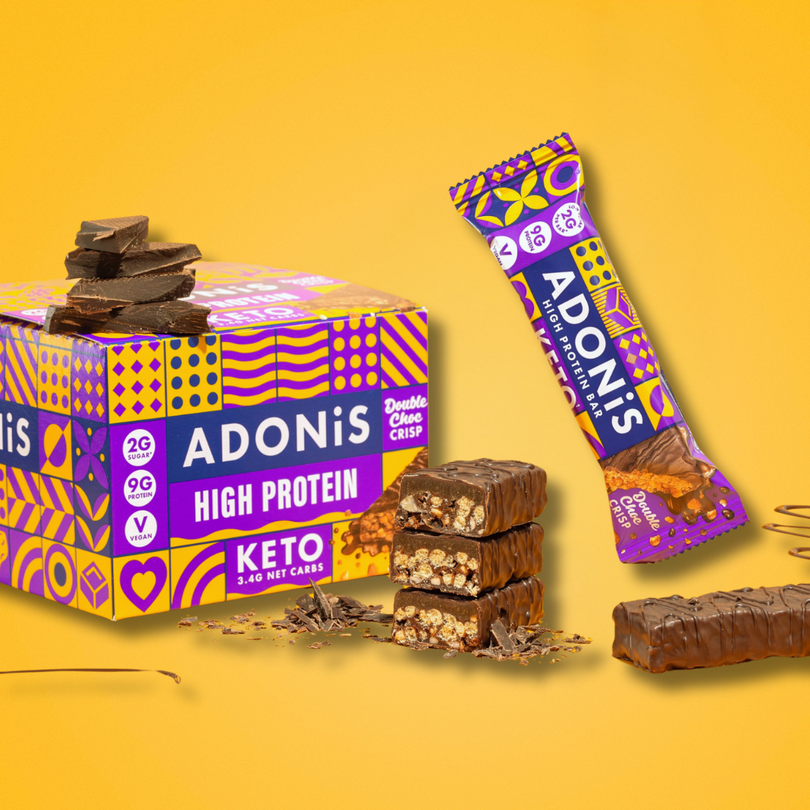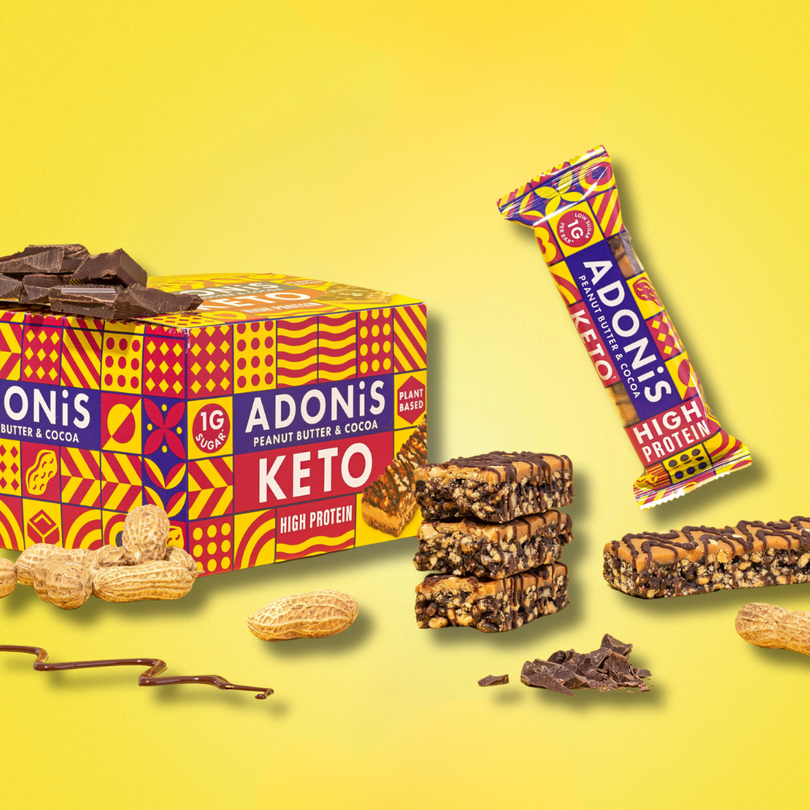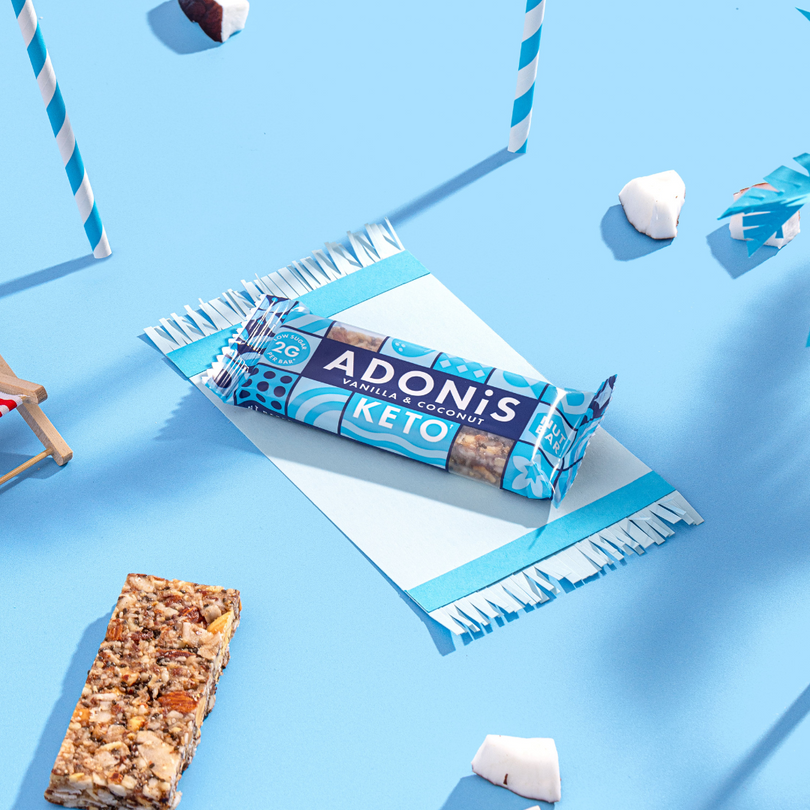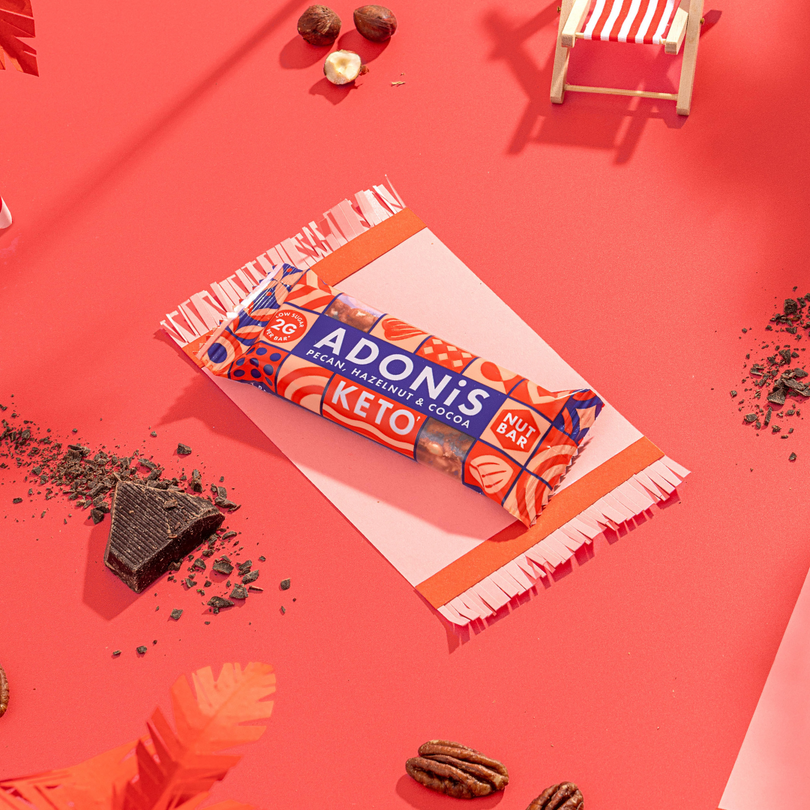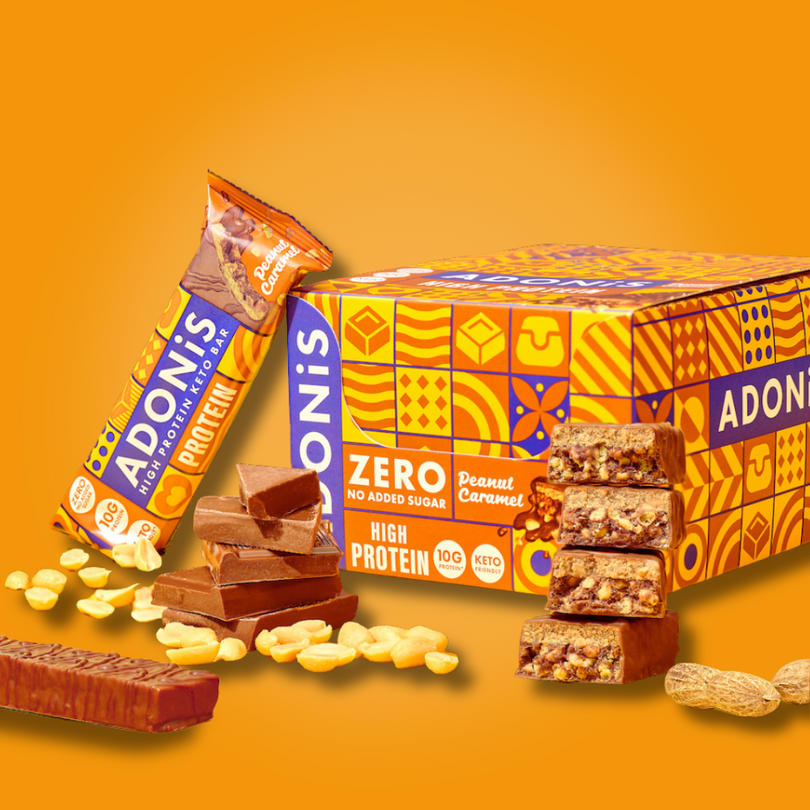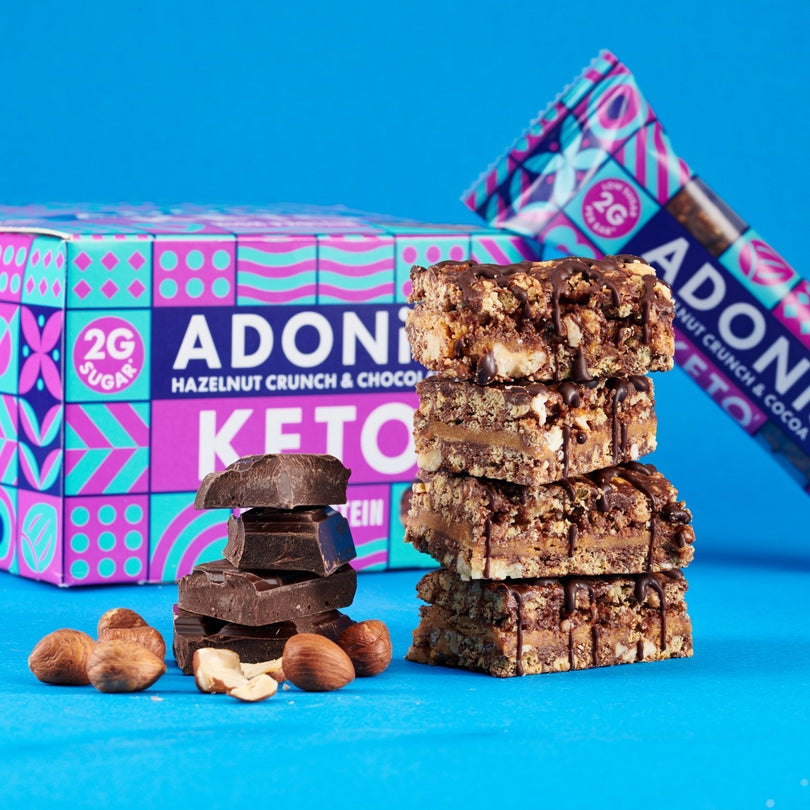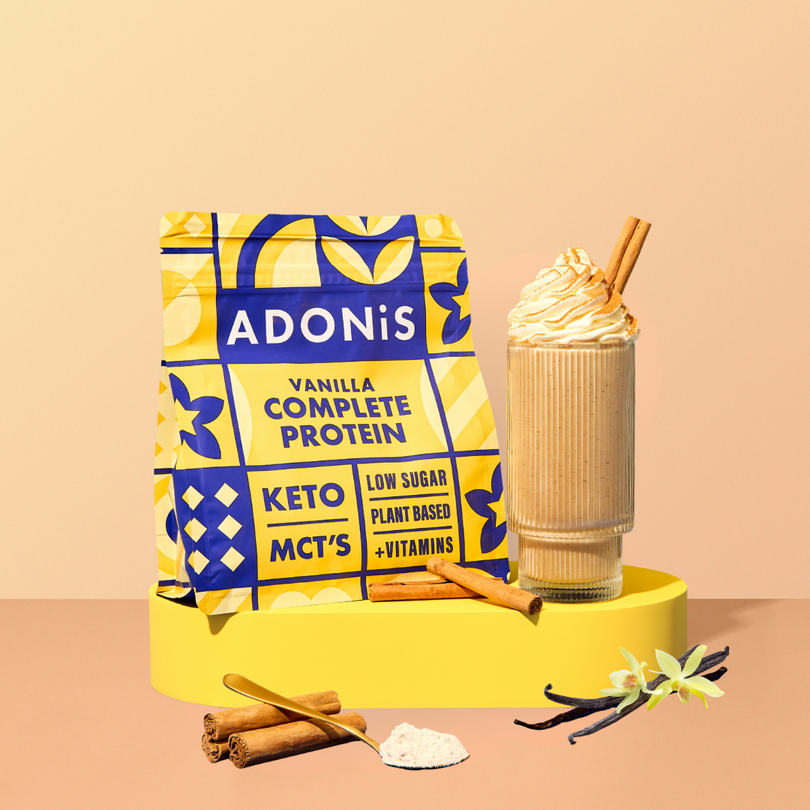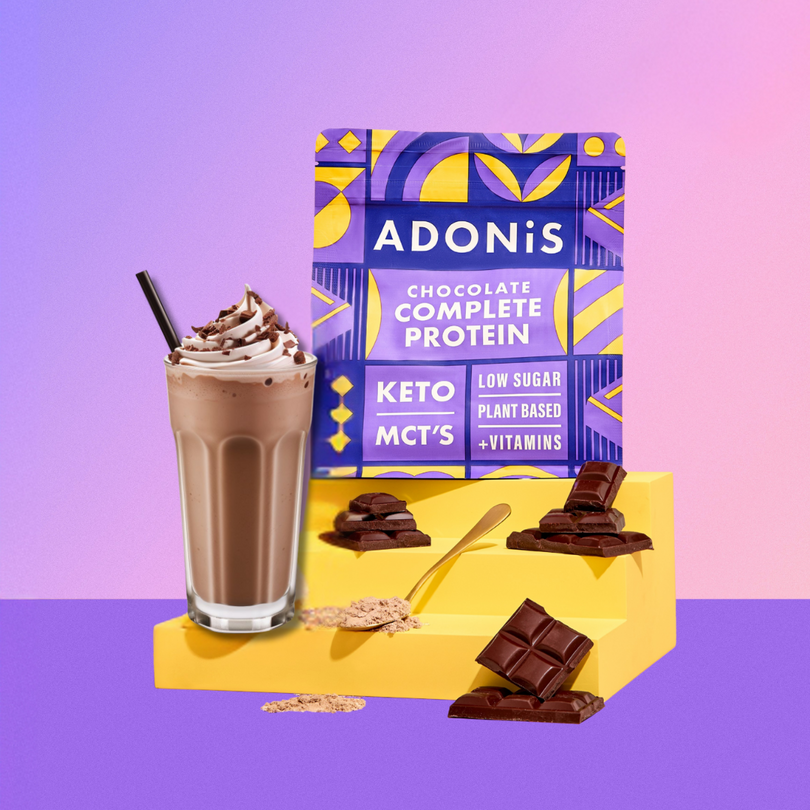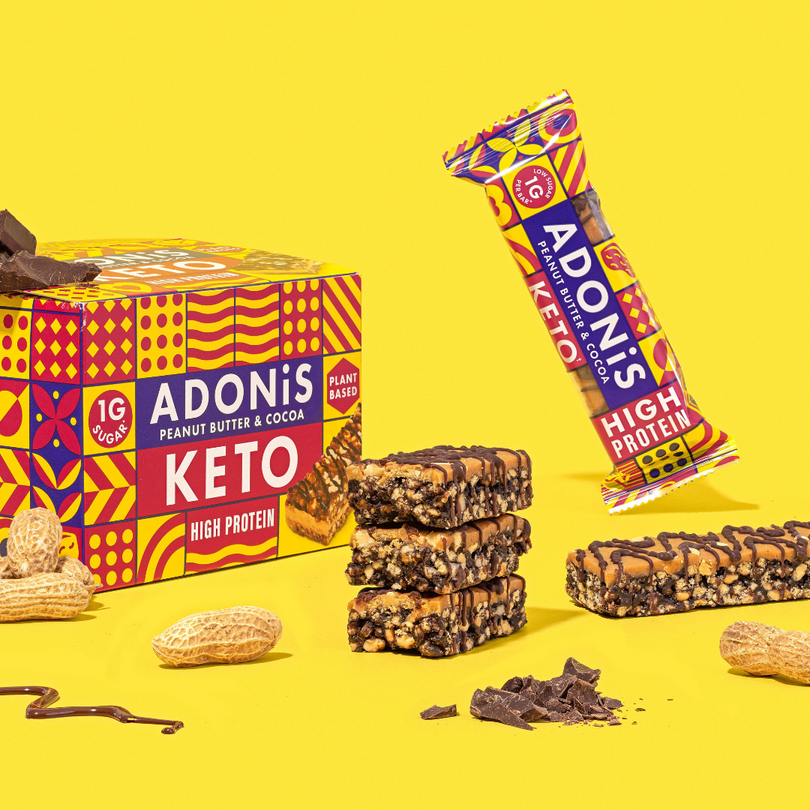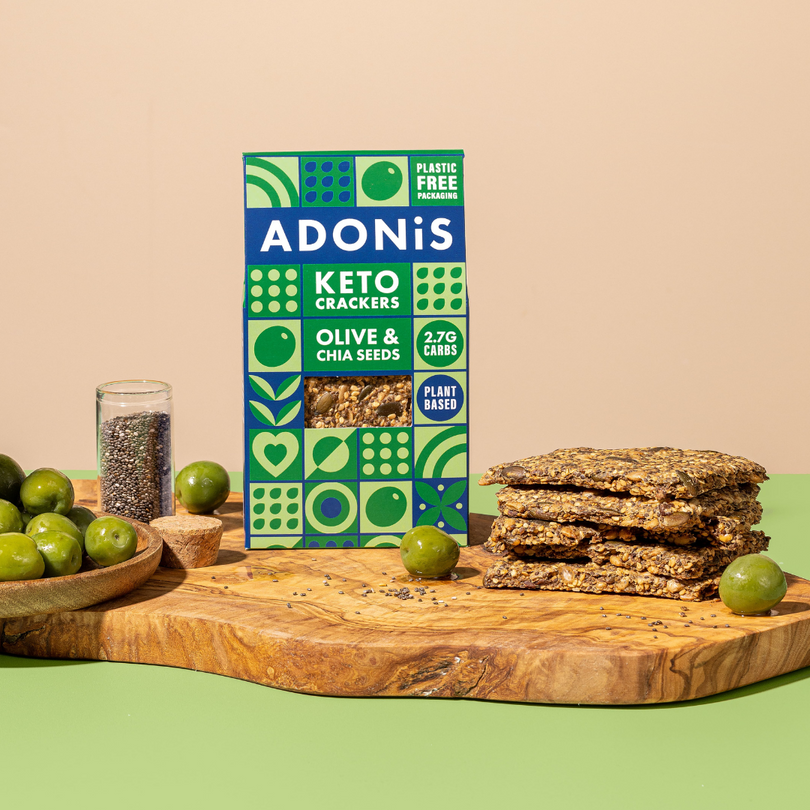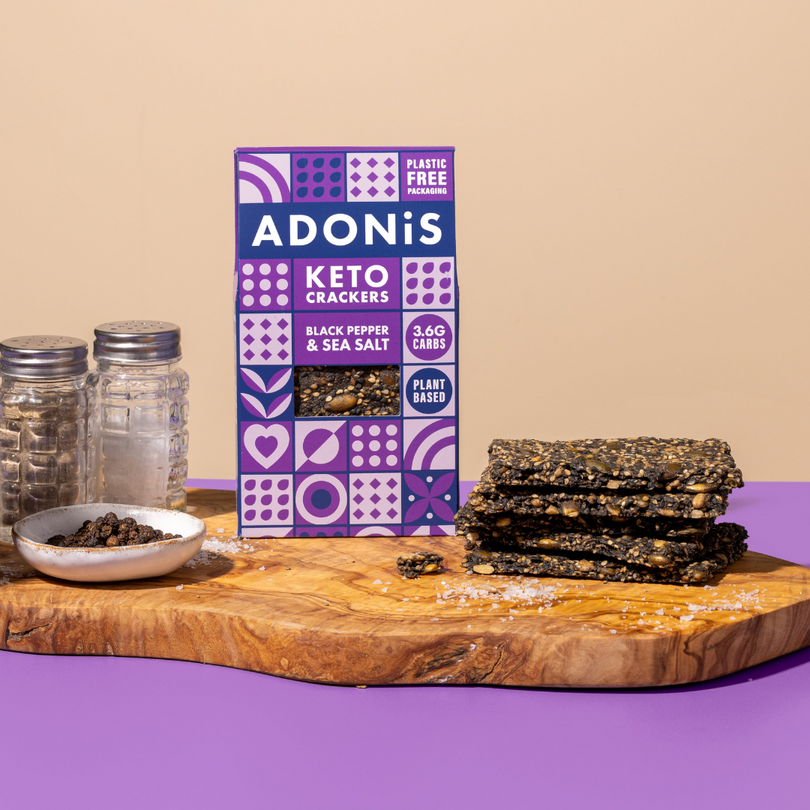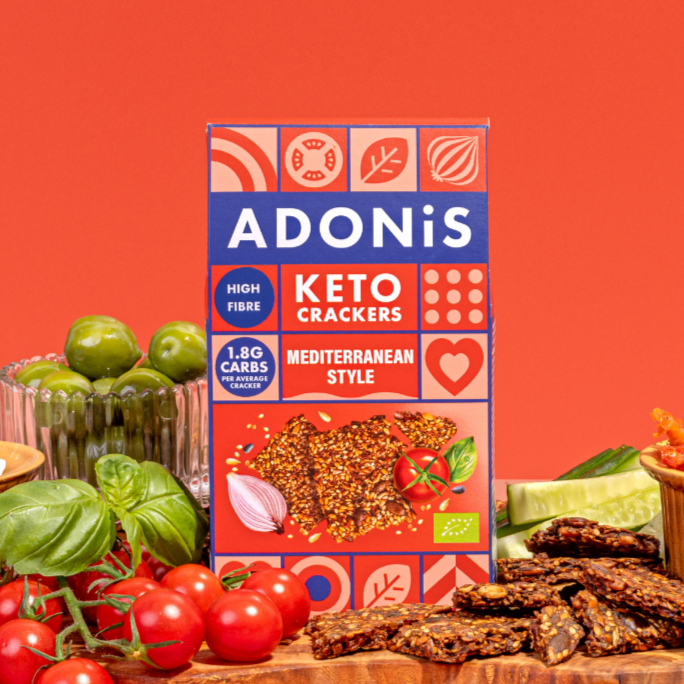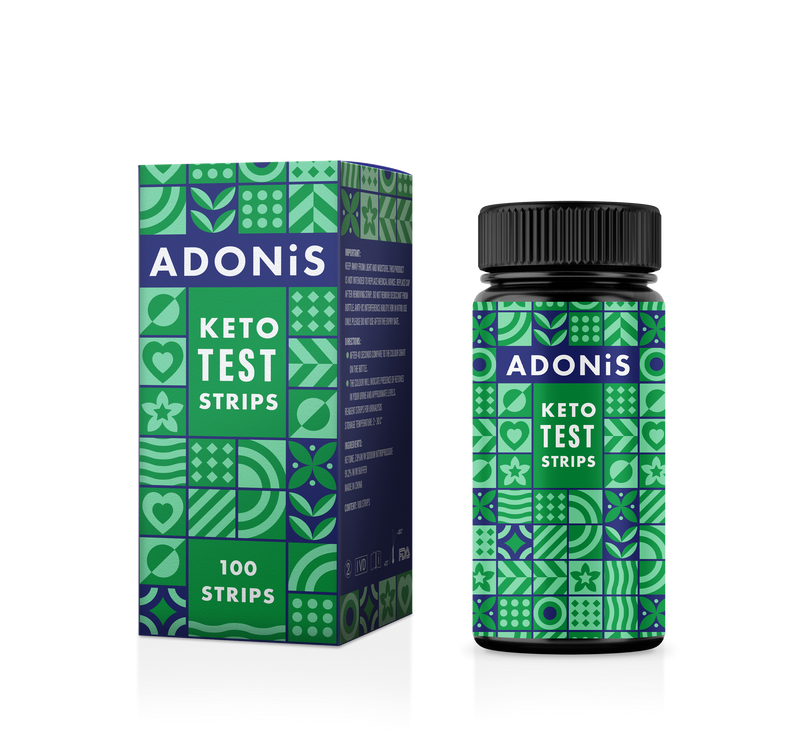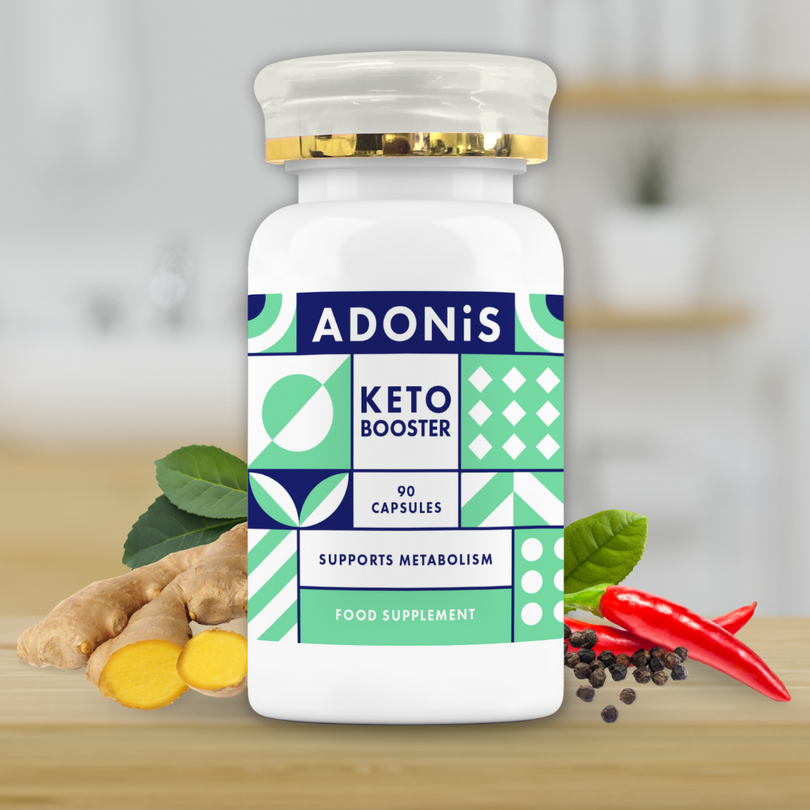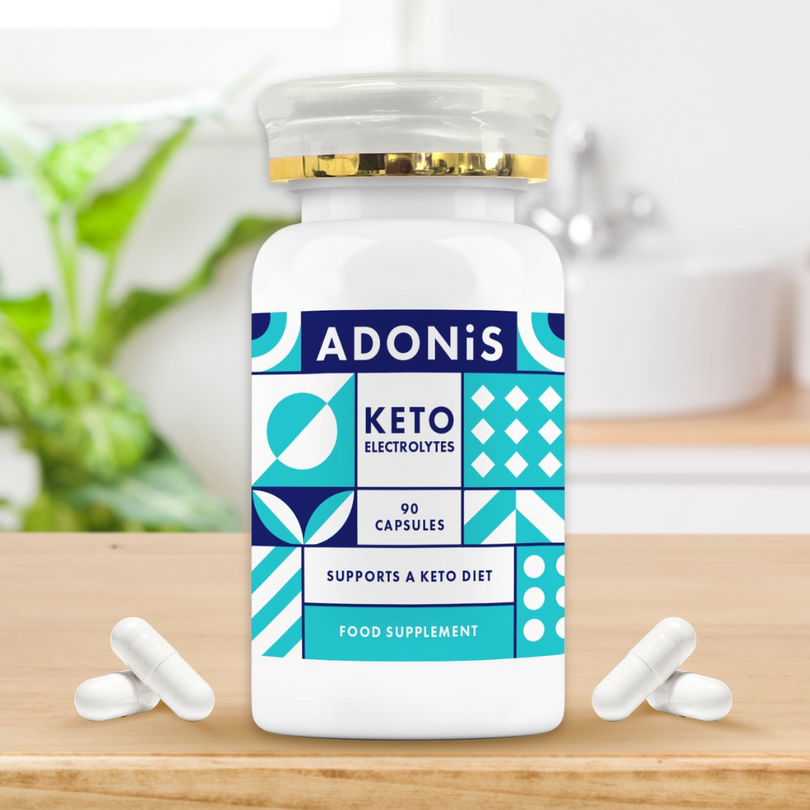LDL ON KETO: SHOULD I BE WORRIED?
8 min read
High LDL on keto: should I really be worried?
It has been a month since you began practicing the ketogenic diet. You have long defeated the keto flu and notice your appetite and energy levels have stabilized. Your body has fully adjusted to ketosis. The weight you lost in the process only encourages you to continue your keto journey. You feel lighter and have forgotten you ever felt tired after eating a meal. You become curious and decide to see your doctor to verify if all this is truly a result of simply removing carbohydrates from your diet. However, after taking a blood test and seeing the results, you feel somewhat worried.
“Your LDL is extremely high!”- says your doctor with a note of alarmism.
Having returned home, you begin searching on the internet what this could mean, and the results leave you with more questions than answers, as a plethora of diagnoses from inflammation to atherosclerosis appears on your screen. You start feeling unsure about the diet and may even consider stopping, despite all of its benefits.
This is why we are here to reassure you that there is far more to this situation and why you should be anything but worried. In this article, we will examine what LDL is and what role it plays in your metabolism and then bring it into the context of the macronutrients to show whether fat is really the one to blame.
So, what is LDL, and why does your doctor feel so concerned about it?
LDL- short for low-density lipoprotein, is a critical player in your body’s fat metabolism.
More specifically, it acts as a primary transporter of fats in the blood. Unlike glucose, fats cannot be carried by blood directly. Thus, LDL ships fat molecules across the body to where they are needed for energy or hormone production. This mechanism is essential for our survival, especially when fat is used as a primary energy source during fasting (or ketosis, for that matter).
It, then, should not come as a surprise that the amount of LDL is closely correlated with how much fat your body consumes and uses for metabolic purposes.
We now arrive at the question: What precisely gives LDL its nickname of bad cholesterol if it is a crucial metabolic molecule?
Interestingly, the crux of the matter is not LDL in itself but rather its oxidation. Oxidation occurs when LDL particles interact with reactive oxygen species (ROS) and free radicals- highly reactive small molecules, which are regularly produced due to normal metabolism but increased during disease or toxin exposure. Interaction with ROS alters the chemical properties of LDL and, thus, its ability to bind to its molecular targets effectively. As a consequence, LDL may begin accumulating in arterial walls and contribute to atherosclerotic plaque. Therefore, if the circulating quantity of LDL is high, the chance of its oxidation increases accordingly, as ROS are produced by your body on a regular basis, which causes plaque formation and atherosclerosis. This mechanism has been dubbed the lipid hypothesis. It stems from studies assessing long-term dietary risks for cardiovascular disease (CVD) in the middle of the 20th century, such as the Framingham and Seven Countries studies, to name a few. These outlined a strong correlation between high dietary saturated fat intake, fasting blood cholesterol, and CVD incidence in different countries. After the same pattern was seen cross-culturally, correlation turned into causation. It was then utilized to generate the hypothesis we have just discussed and shaped the current understanding of cholesterol management. However, a recent reassessment of these studies highlights that LDL levels alone are insufficient to estimate and predict CVD risk. The first outcome was the phenomenon called “the French paradox”. This relates to the finding that people in France have been recorded to have a significantly low incidence of CVD despite consuming high amounts of fat in their diet. A deeper investigation into the matter also revealed that other diets result in a similar outcome. A good example here is the Mediterranean Diet. According to the Seven Countries Study, the cardiovascular risk compared to other diets at high levels of consumed fat was astonishingly 5 times lower for participants following the MeDi diet. This indicates that the diet contained nutrients that diminished the oxidative risk of high LDL. Secondly, the direct involvement of LDL in CVD is also being reconsidered, as systemic inflammation has been identified to play a more defining role in atherosclerosis. Therefore, it becomes clear that high levels of LDL alone will not land you in the atherosclerotic territory. This will, however, depend heavily on dietary patterns and lifestyle, as we just identified.
Let’s take a closer look at these, shall we?
Several of its nutrients in the Mediterranean diet were found to alleviate oxidative processes and possibly protect against atherosclerosis. The most significant one is oleic acid, present in excess in olive oil, beans, nuts, legumes, and seeds- which form the foundation of MeDi. Oleic acid was successfully shown to lower the levels of LDL and its susceptibility to oxidation by ROS. Another key dietary element is the omega-3 fatty acids present in fish and seafood, which form the second pillar of MeDi. As for their physiological impact, omega-3’s demonstrated cardioprotective properties in both epidemiological and clinical trials. Finally, it should be evident, that adding physical exercise can only amplify the effects of MeDi, which was documented to exert beneficial effects on elevated blood pressure, insulin resistance, glucose intolerance, elevated triglyceride concentrations, and obesity.

What this has to do with the keto diet?
At this point, you might be wondering what all of this has to do with the keto diet? The explanation can be found in the macronutrient ratio of the diets. The MeDi relies on fat, just like our beloved ketogenic diet, with up to 35% of daily energy intake coming from fat, compared to 55% and above for keto. Therefore, it is essential to carefully consider your dietary fat sources to avoid possible health complications. Incorporating elements of other diets and exercise into your keto program can help you do exactly that, and our article on MCT oil just happens to drive this point home, so check it out if you haven’t already. In the context of this article, though, we will consider MCT in the context of CVD risk. To recap, MCT is composed of smaller fat molecules, which are easier for your body to transport. This feature allows MCT to decrease LDL oxidation and lower its overall levels. Research results with MCT indicate its beneficial incorporation into the diet alongside olive oil to decrease CVD risk and aid fat metabolism, which is why many keto enthusiasts are beginning to pay attention to MCT. Nevertheless, you may still wonder what the point of relying on dietary fat is if its prolonged consumption carries in itself a risk of developing CVD? Wouldn’t it be much simpler (and more importantly, safer) with carbohydrates instead?
Would it be simpler with carbs instead?

The answer will still depend primarily on your dietary habits and lifestyle. Yes, carbohydrates don’t affect LDL as much as fats do, as they don’t require it for transport. However, they can affect the formation of ROS, and thus increase oxidation of LDL if uncontrolled. An interesting study conducted in marathon runners highlighted this notion. A 6-day period in which the athletes increased their carbohydrate intake and lowered their physical activity levels saw an average increase of their oxidized LDL by 30%.
Of course, it has to be said that such a short amount of time will not affect CVD development. The point here is to demonstrate that there is little difference between fat and carbohydrates in contributing to atherosclerosis and other CVD without the appropriate lifestyle, even when it comes to trained athletes. We thus arrive at the most crucial point of this article. Elevated LDL alone is not a diagnosis that you should be terrified of. Many other important factors contribute to CVD onset, plus there is no evidence that keto diets specifically carry risks of CVD. However, what is of utmost importance is knowing what nutrients your diet contains and how they affect your metabolism. The awareness of this process coupled with a healthy, active lifestyle is the true key to metabolic health. When combined with keto, it will amplify its benefits and protect you against the risks described here.
Final Thoughts:
However, what is of utmost importance is knowing what nutrients your diet contains and how they affect your metabolism. The awareness of this process coupled with a healthy, active lifestyle is the true key to metabolic health. When combined with keto, it will amplify its benefits and protect you against the risks described here.


